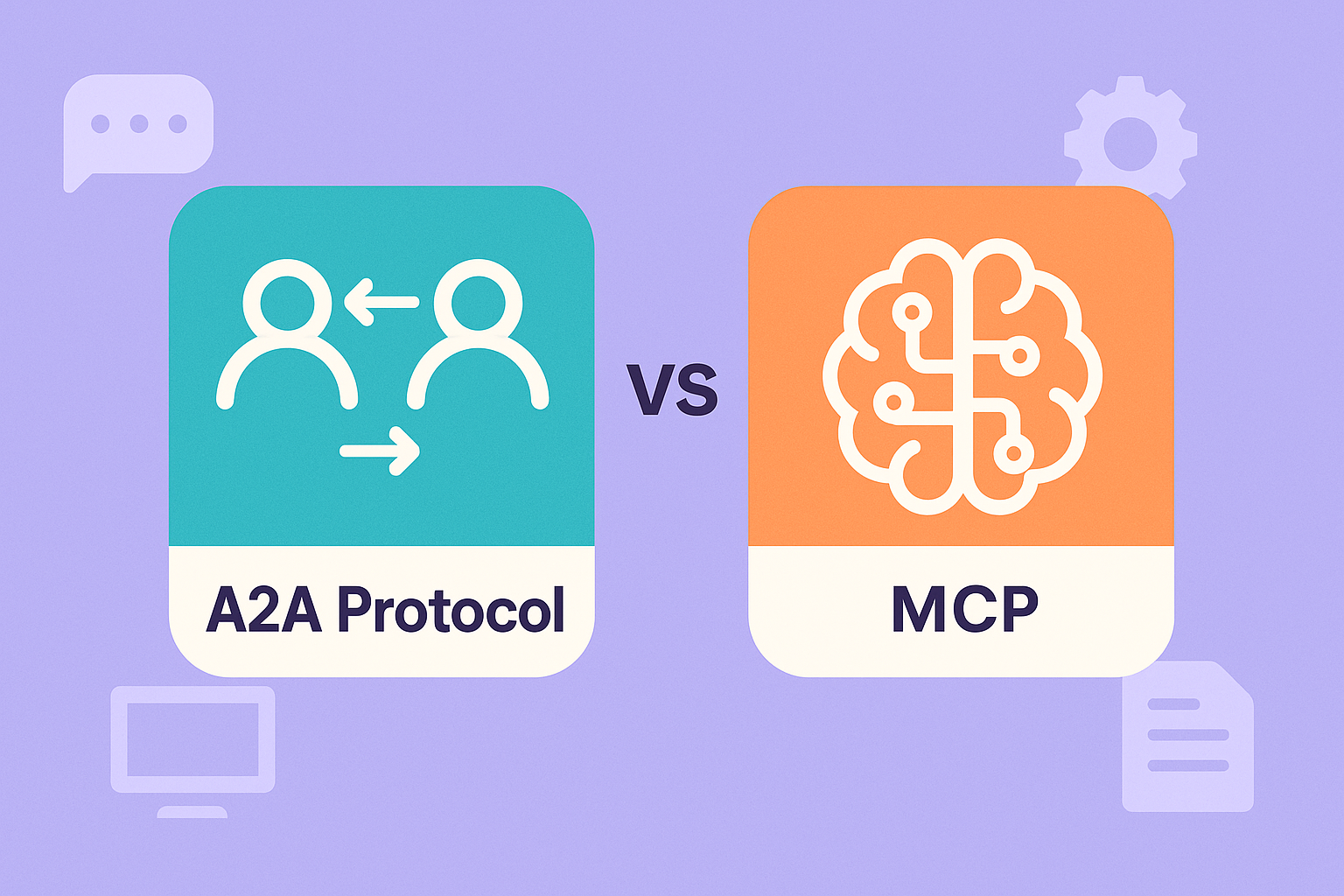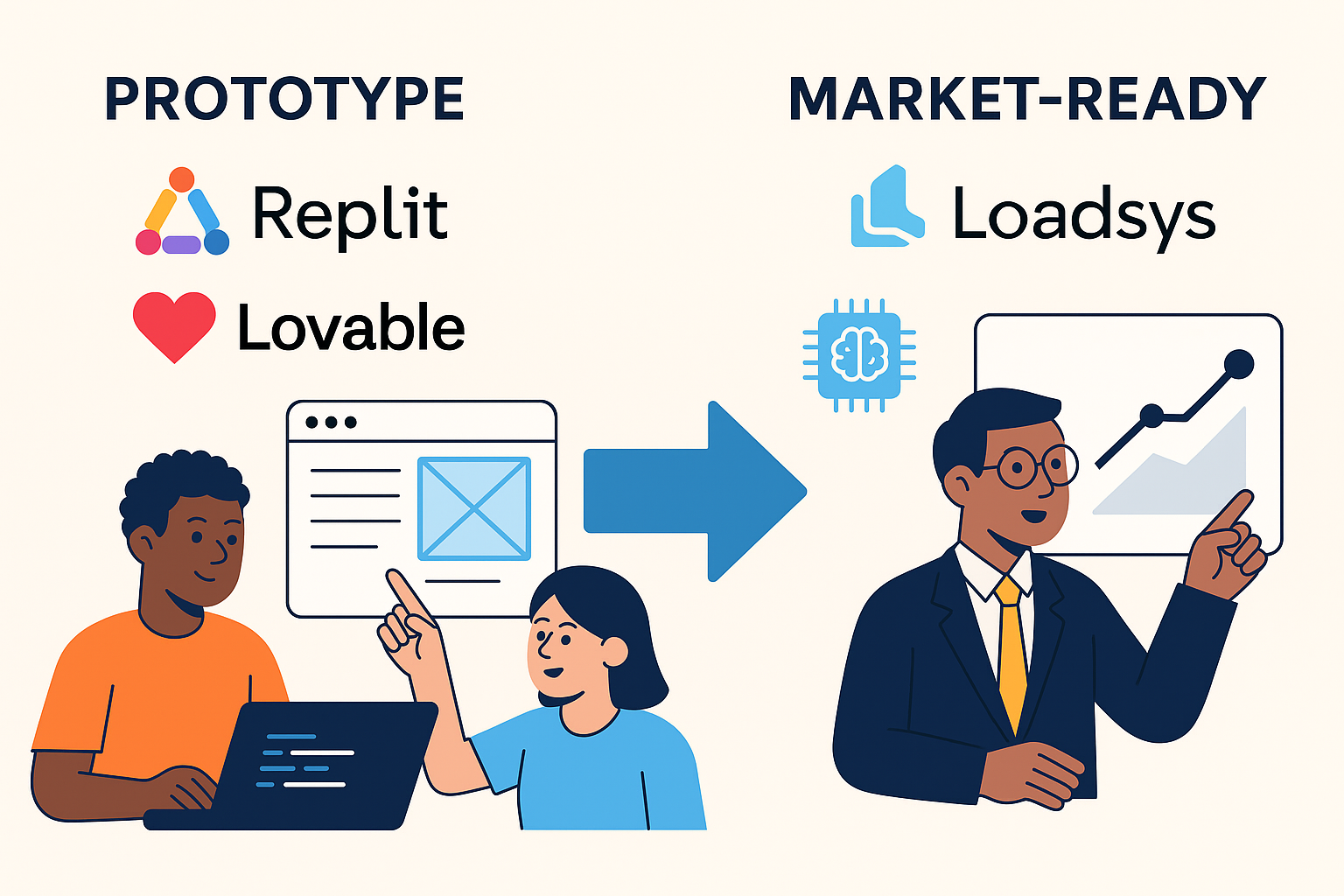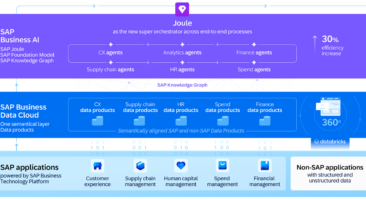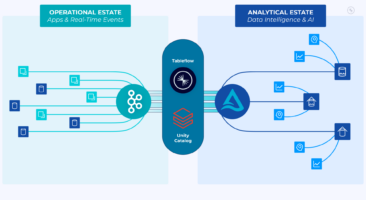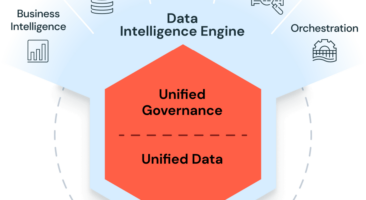Why migrate to the cloud?
Cloud migration is the process of moving digital operations and/or infrastructure into the cloud. During the migration to the cloud, the data and applications from on-premises data centers or legacy applications are moved to the cloud services.
Some companies may choose to completely move to the cloud or choose a hybrid model. The hybrid involves only moving a portion of the infrastructure to the cloud while keeping other operations on-premises. A VPN connection is typically established for the on-premises to the cloud secure communication.
Manufacturing companies may choose to deploy the data storage to the cloud for data sharing and analytics, while keeping on-premises or legacy SCADA systems running intact. In such scenario, the company may choose to deploy an edge-to-cloud data collection along side the legacy system. The edge-to-cloud gateway may also expose APIs for secure direct to the cloud communication for running internal applications.
Why Companies Choose to Migrate To The Cloud?
Here are the main reason why companies choose to migrate to the cloud:
Cost Reduction
By going to the cloud, companies may not need to purchase expensive server equipment, keep it up-to-date with software updates, and pay substantial electricity bills. Besides, you cut operational expenses as your DevOps specialists and system administrators don’t spend time on backups and hardware maintenance. Cloud providers offer pay-as-you-go pricing, meaning you only pay for the computing power you use.
Security
Keeping on-premise servers secure is very involved. The system administrators have to keep the servers up-to-date constantly, scheduling downtime and applying security patches. The network administrators stay busy monitoring the network for any security threats. Most of these issues are eliminated by going to the cloud. The reliable cloud providers regularly upgrade their services to the latest standards and regulations.
Scalability
It is very hard to cost effectively design an on-premise system and that can quickly respond to peak demands and lower capacity when it’s necessary. On the cloud, all that is done automatically. The capacity automatically grows with the demand. Actually, most deployments throttle down the capacity to keep the costs in check. On the cloud, you only pay for the resources that you consume.
Reliability
Most cloud vendors have service-level agreements that guarantee 99% uptime and they have highly trained staff to address any issues immediately. The cloud vendors typically bear responsibility for backups and disaster recovery, which saves a lot of time and money.
Innovation
From a business growth perspective, the cloud brings limitless opportunities for organizations to innovate and expand services quickly. New services and workflows could be easily integrated with existing ones already running on the cloud. Most cloud vendors provide pre-built services for faster deployment and development thus saving time and money.
Availability
Cloud computing lets you and your team access cloud applications from anywhere in the world at anytime. Most cloud providers provide geographical deployment points for the services improving speed and availability. Since cloud services and applications can be accessed from anywhere, it can help companies to transition or offer remote work opportunities for employees.










